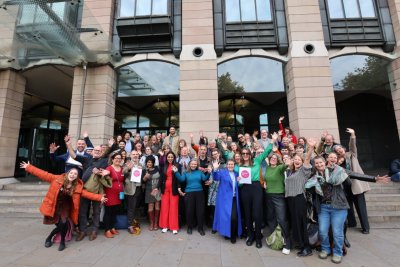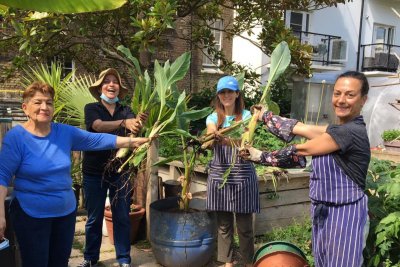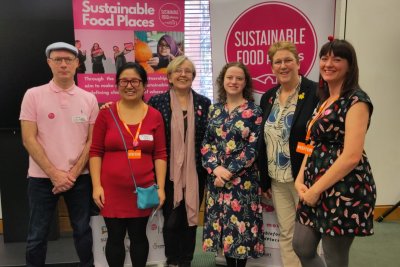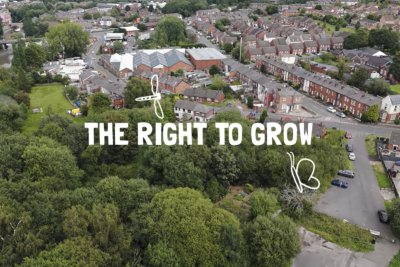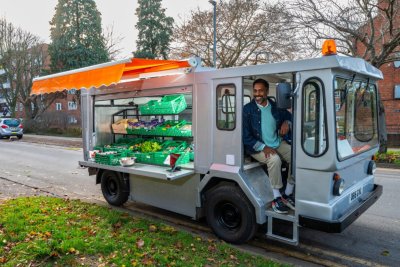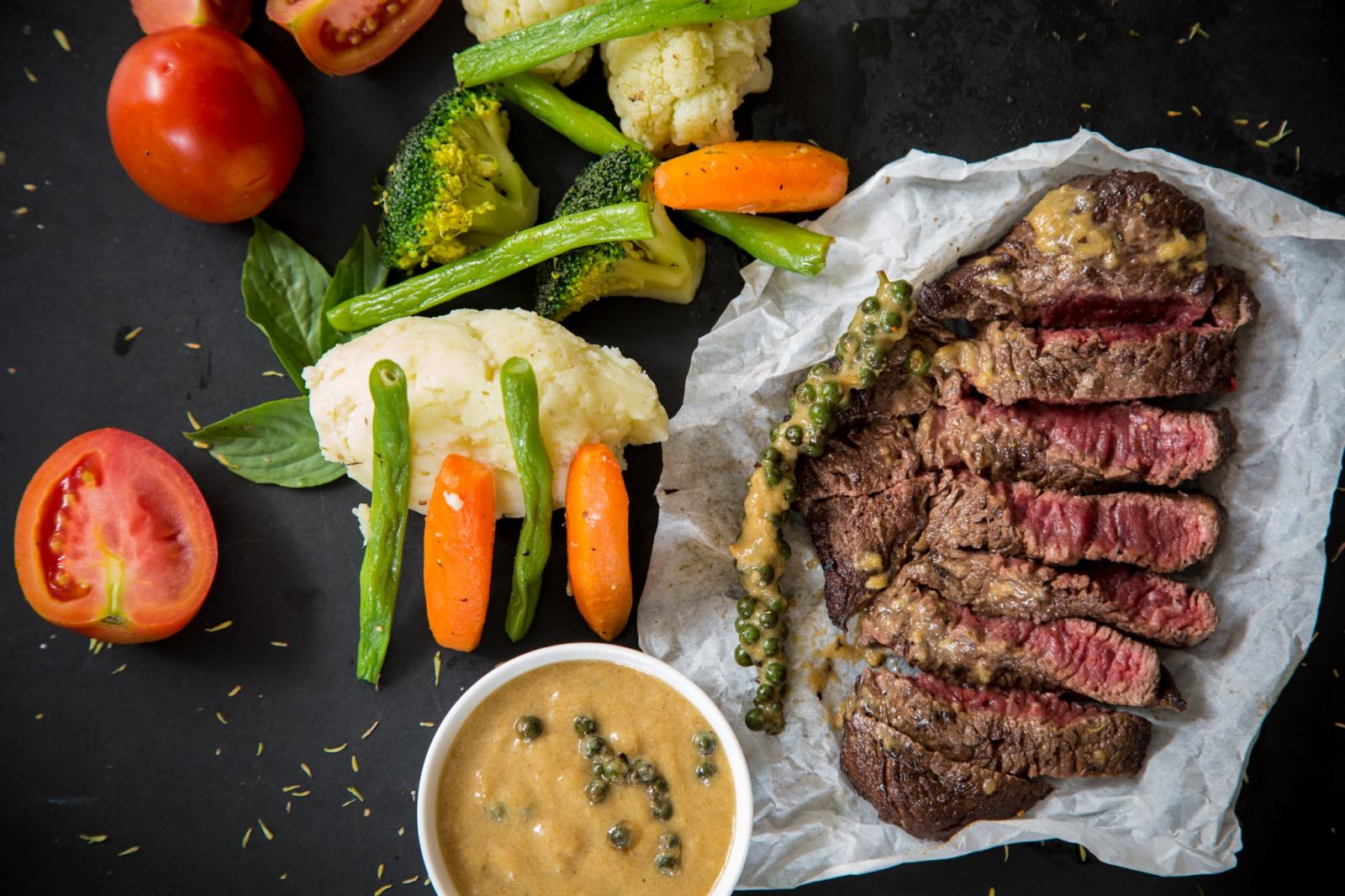 Credit: Malidate Van Pexels.com
Credit: Malidate Van Pexels.com

How Brits eating habits have changed in three decades
World Cancer Research Fund analysed Brits' spending habits over past 30 years and found that despite eating less white bread and red meat we have have turned to pizza and ready meals which can lead to obesity and cancer.
A lot has changed in 30 years; fashion, culture, sport, music, but also what we know about the links between diet and the risks of developing cancer. As part of WCRF’s 30th birthday the charity looked back on data collected annually by the Department for Environment, Food & Rural Affairs on weekly food purchasing to see how diets have changed over 30 years.
The data revealed that we are buying 50 per cent less tea, 56 per cent less white bread and 32 per cent less red meat (pork, lamb and beef) in 2018 than we were in 1992. We are also buying 23 per cent more fresh fruit. However, while the nation has become healthier in some aspects – lowering consumption of red meat and eating more plant-based foods (fruit, vegetable, pulses, etc) both help to lower cancer risk – we have also started buying more unhealthy food such as confectionary. Consumption of chocolate bars increased by 13 per cent over the same period.
One major influence on the nation’s dietary habits has been the advance in technology, leading to freezers and microwaves being commonplace in the British kitchen. As a result, we have become much more reliant on ready meals instead of home cooked meals – with purchases up 100 per cent since 1992. Sales of pizza (frozen, not-frozen and takeaway) have increased by 143 per cent.
Eating fast foods and having a ‘Western-type’ diet, characterised by high intakes of meat, fat and sugar, are linked to excess weight gain, overweight and obesity – overweight and obesity rates have increased in England from 53 percent of adults in 1993 to 63 per cent in 2018. Alcohol purchasing has also increased by 38 per cent; drinking alcohol is strongly linked to six different types of cancer, including breast cancer.
Rachael Gormley, CEO of WCRF UK, said: “When WCRF was founded in the UK 30 years ago, the link between diet and cancer wasn’t widely known. Since 1990, WCRF has invested more than £100m in cancer prevention and survival research. Today, thanks in part to our key role in funding research and public health messaging, more people than ever before are now aware that they can lower their risk of cancer through making moderate, but impactful, changes to their diet and lifestyle.”
This Summer, the government announced a new campaign to make the country healthier; the Better Health campaign aims to get people to eat healthier and move more to lose weight. Previous public health campaigns over the decades have had moderate success – 2004’s Sid the Slug campaign led to approximately a 10 per cent reduction in salt in diets, and the 5 A DAY campaign launched in 2003 led to an initial increase in people eating their 5 A DAY, but in 2018 this has stalled at around 28 per cent.
Dr Giota Mitrou, Director of Research at WCRF, said: “Our world-leading research shows that being overweight or obese increases the risk of at least 12 different types of cancer. The rise in overweight and obesity is not due to one food alone being eaten more, but rather our overall behaviour patterns changing. Known as the nutrition transition, it has resulted in people being more reliant on processed foods that are high in fat, salt or sugar. That is why we recognise the need to focus more on dietary patterns instead of individual foods or food components, and why our Cancer Prevention Recommendations should be followed as a package of healthy behaviours for maximum benefit."
WCRF’s Cancer Health Check tool and Cancer Prevention Recommendations help people understand what changes they could make to reduce the risk of getting cancer. Based on the latest scientific research, the advice is practical and simple to understand.
Find out more at www.wcrf-uk.org
Veg Cities: We need your help to get your city or local area growing, cooking, selling and saving more vegetables.
Sustain
The Green House
244-254 Cambridge Heath Road
London E2 9DA
020 3559 6777
sustain@sustainweb.org
Sustain advocates food and agriculture policies and practices that enhance the health and welfare of people and animals, improve the working and living environment, promote equity and enrich society and culture.
© Sustain 2026
Registered charity (no. 1018643)
Data privacy & cookies
Icons by Icons8

